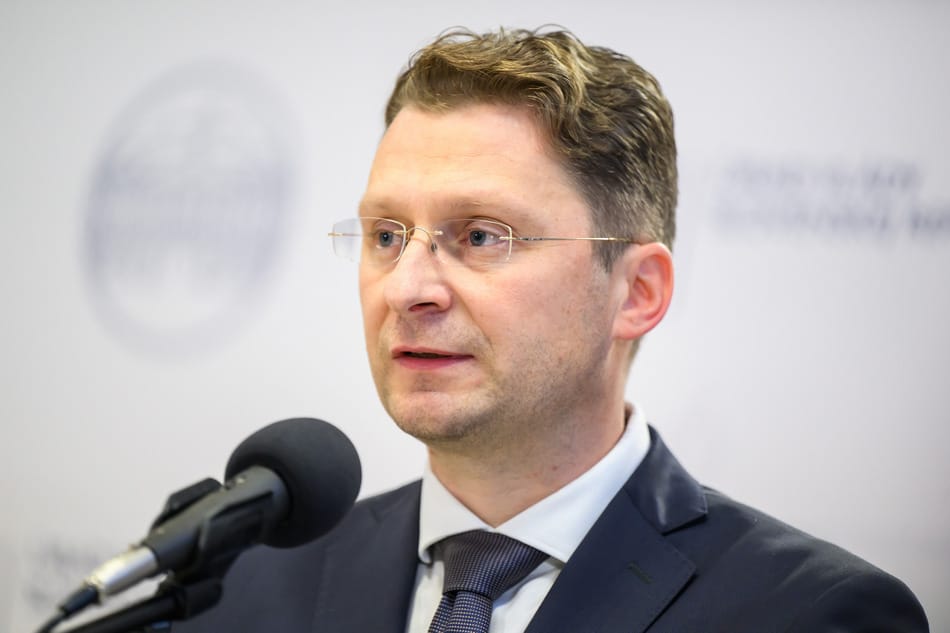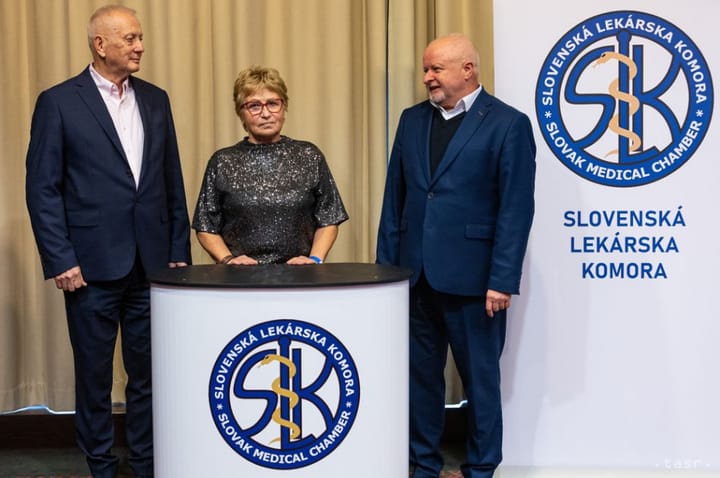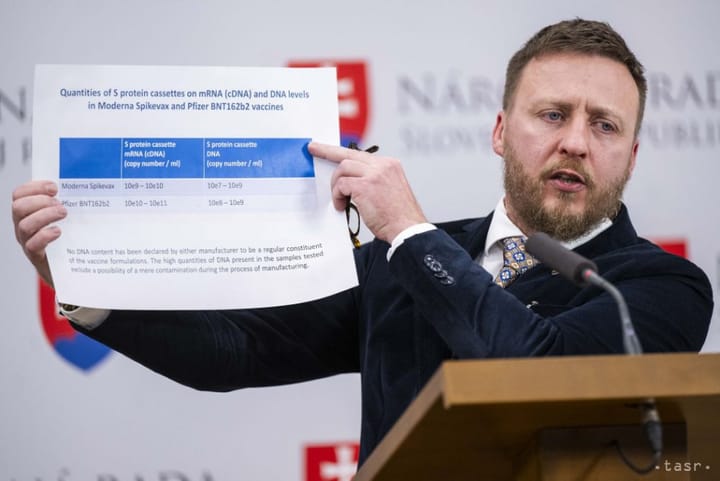LOZ: Adopted Changes Will Bring More Doctors and Better Quality Health Care

Bratislava, February 14 (TASR) - The changes, which have been pushed through in an agreement between the government and the medical trade union, will bring more experienced medical staff to hospitals, better funding and better quality and more efficient health care for patients, Medical Trade Union Association (LOZ) head Peter Visolajsky pointed out at a press conference on Friday, rejecting the criticism that the above changes will bring nothing for the patient.
"Our desire in connection with the resignation notices was to increase the number of (experienced) doctors and nurses, so our demands included the salaries of doctors and nurses, but also reform of training for young doctors and support for medical schools," he said, adding that by adjusting salaries, the number of nurses and doctors in Slovak hospitals is increasing, more young doctors are staying in Slovakia and even doctors from abroad are coming back.
The trade unionists also aimed at increasing transparency and control of public finances, setting rules for health insurance companies, and pushing for remuneration according to quality and efficiency. According to the trade unionists, hospitals should be remunerated according to their productivity and the demands of patients, while fair funding will also allow for their restoration. The changes have also brought the enactment of staffing norms, which the LOZ believes will increase patient protection.
Visolajsky also pointed out that the effect of some of the changes won't be seen immediately. "It takes ten years for a young doctor to become an independently working certified doctor. Even the effect in terms of increased performance of hospitals can't be expected right away, because if experienced doctors in a hospital get new young colleagues, the experienced ones will only have extra work - they have to teach the young ones and will spend less time with patients," he noted.



